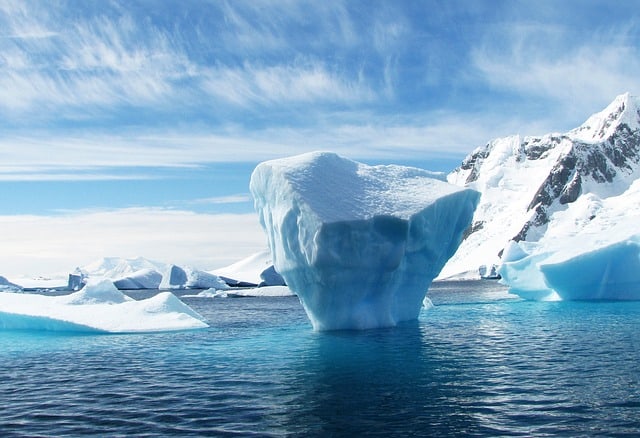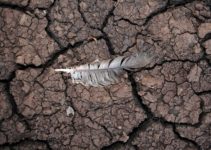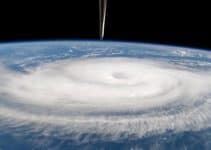Rapid ice losses are spreading deep into Antarctic‘s interior along with extraordinary thinning of the ice, new analysis of satellite data discloses.
As the Southern Ocean is gradually warming, the glaciers are sliding into the sea rapidly at an increasing rate, and the ice lost currently is five times faster compared to that in the 1990s. The ice sheet of West Antarctic was stable in 1992. However, nearly one-fourth of its stretch is thinning now. In the worst-hit places, 100 meters and more of ice thickness has been lost.
In case the West Antarctic ice sheet melts down completely, the global sea levels will rise by about five meters, and drown coastal cities worldwide. According to the scientists, with every decade, such losses are getting double, and the rise in sea level is almost at the end of projections made just a few years back.
The measurement of the height of the ice sheet from 1992 to 2017 by 800m satellite was compared with weather information in the research published in the journal Geophysical Research Letters. The short-term changes that are resulting from varying snowfall got distinguished from long-term changes occurring due to climate.
“From a standing start in the 1990s, thinning has spread inland progressively over the past 25 years – that is rapid in glaciological terms,” said Prof Andy Shepherd, of Leeds University in the UK, who led the study. “The speed of drawing down ice from an ice sheet used to be spoken of in geological timescales, but that has now been replaced by people’s lifetimes.”
The thinning of some ice streams had even stretched 300 miles inland along their 600-mile length, he said. “More than 50% of the Pine Island and Thwaites glacier basins have been affected by thinning in the past 25 years. We are past halfway, and that is a worry.”
It is not new to the researchers that ice was being lost from West Antarctica, but the new work highlighted the location it is happening and how rapidly it is happening. It will help to make a more accurate projection of sea level rises and to assist in preparations for these rises.
The loss of ice from the icebergs calved off into the ocean balanced with the snow falling on to Antarctica’s glaciers in the recent past. However, now as the glaciers are flowing faster, the snow cannot replenish them.
“Along a 3,000km [1,850-mile] stretch of West Antarctica, the water in front of the glaciers is too hot,” he said. It causes melting of the underside of the glaciers where they grind against the seabed. As there will be less friction due to melting, the glaciers slide into the ocean more quickly and thus become thinner.
“In parts of Antarctica, the ice sheet has thinned by extraordinary amounts,” Shepherd said.
The ice loss from the Antarctic continent as a whole had increased six-fold since the 1980s, and the most significant losses occurred in the west, as found in separate research published in January. The new study indicates the 5mm rise in sea level since 1992 owing to West Antarctica, to be consistent with the findings of the study published in January.
These days the primary causes for the rising oceans are the expansion of the oceans when they are warming and the vast melting in Greenland. However, Antarctica is the biggest store of ice. The ice contained in the ice sheet of East Antarctic would be enough to raise sea levels by around 60 meters. It had been considered stable, but this stronghold was also showing signs of melting as per the research in December.
The melting and sea level rise will continue for thousands of years unless there are rapid cuts in the carbon emissions driving global warming.
“Before we had useful satellite measurements from space, most glaciologists thought the polar ice sheets were pretty isolated from climate change and didn’t change rapidly at all,” Shepherd said. “Now we know that is not true.”






